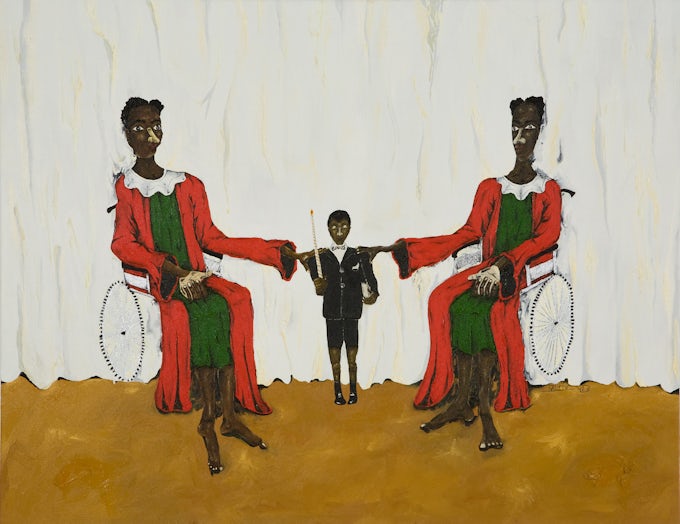Over the course of six weeks at the beginning of 2020, I travelled across Brazil, where I met artists and cultural leaders to learn about how ingrained political dynamics had appeared in their everyday lives. 1 A former slavocracy with a large population and a tradition of ingesting other cultures, Brazil bears an uncanny resemblance to my own place of origin. Writing today from New York City, where I was born and continue to stay, the stakes of comparative thinking about how history reappears in the art of the present feel increasingly urgent.
The US and Brazil have reported the highest Covid-19 case rates and deaths in the world, an expression of the forms of governance that make Black people vulnerable to premature death in both countries. Against this backdrop of loss and grief, protests have followed the state-sponsored extrajudicial killings of Black folks whose commonalities transcend national boundaries: João Pedro Matos Pinto, George Floyd, Lucas Eduardo Martins dos Santos, Breonna Taylor, Allyson do Nascimento, Tony McDade and others.
What we are witnessing is the end of one order and the possibility of a new one. The following essay, dedicated to the Afro-Brazilian spirit Iemanjá and those who offered me a path to seek her out, is my attempt to account for the reservoir of cultural resources available for transitioning from one world to another.




